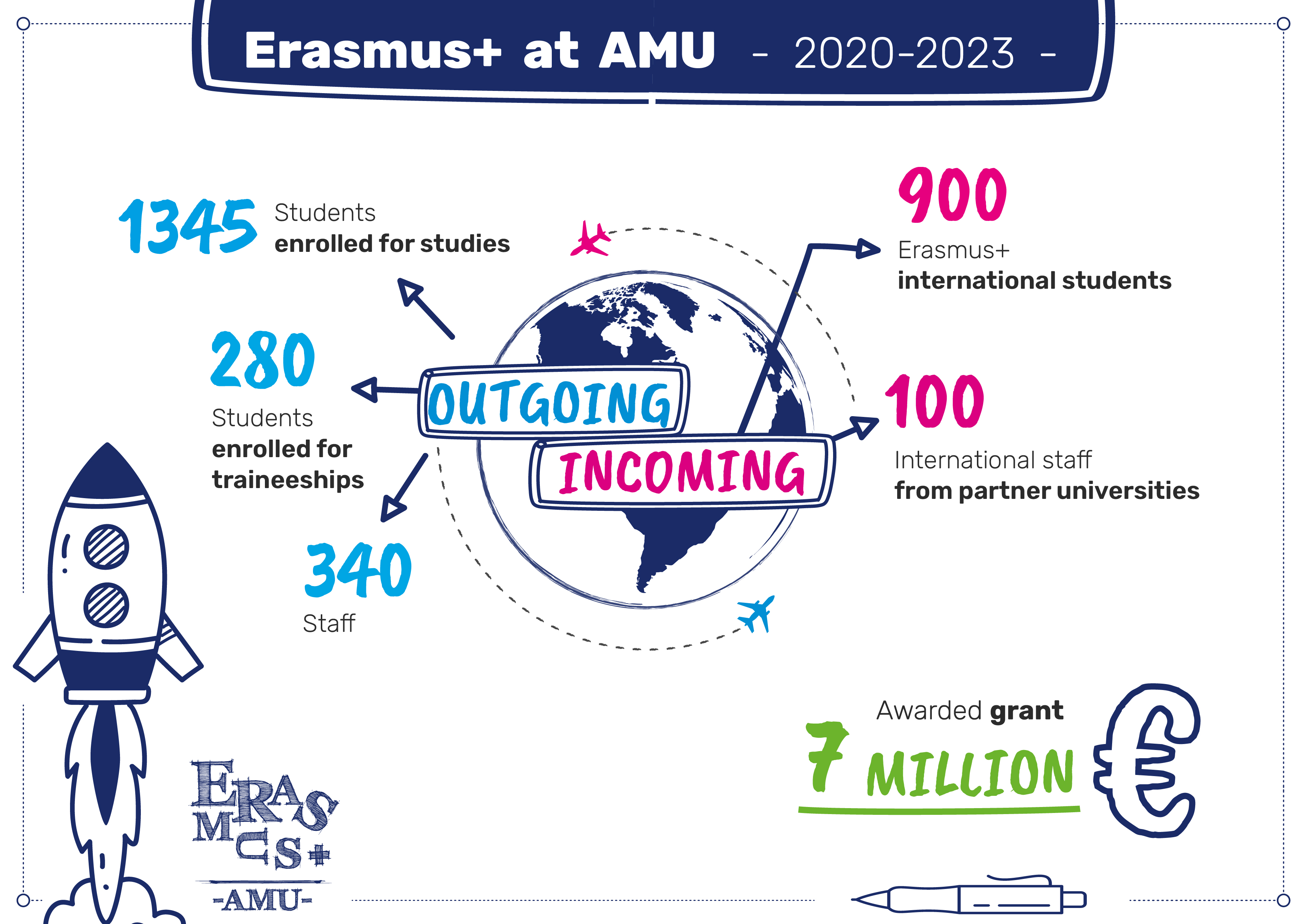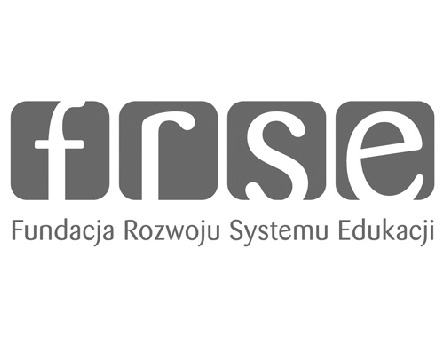ACTION 1: Learning Mobility
This action supports both physical and blended mobility for higher education students across all fields and study cycles, as well as for academic and administrative staff of HEIs.
ACTION 2: Cooperation among HEIs for Innovation and Good Practice Exchange
“Collaborative partnerships” under this action involve international projects aimed at developing, transferring, and implementing innovative practices. These initiatives promote cooperation, peer learning, and the exchange of experiences at the European level. The goal is to modernize university curricula, better align education with societal and economic needs, and improve education quality.
CENTRAL ACTIVITIES
Key activities within the higher education sector are managed by the European Education and Culture Executive Agency (EACEA) in Brussels. Support for projects in higher education is available for:
- Erasmus Mundus actions
- Innovation Alliances
- Jean Monnet activities
For more details, visit https://erasmusplus.org.pl/.
BASIC PRINCIPLES OF THE PROGRAMME
- Mobility Types for Students:
- Long-term physical mobility for study or internships: 2 to 12 months
- Short-term physical or blended mobility for students and doctoral candidates for study or internship: 5 to 30 days
- Graduate Mobility:
- Graduates are eligible for internships within 12 months post-graduation.
- Mobility Capital:
- Each student has a 12-month “mobility capital” in each study cycle (bachelor's, master's, doctoral) or 24 months for one-cycle master’s degree studies, regardless of mobility type (study or internship)
HOW TO APPLY FOR MOBILITY UNDER THE ERASMUS+ PROGRAMME?
- Recruitment of candidates takes place at individual faculties in the academic year preceding the mobility. Applications are submitted via the USOSweb system;
- Read the faculty recruitment rules;
- Travel to the University with which the faculty cooperates. List of agreements available on faculty websites;
- For details, reach out to your faculty Erasmus+ coordinator or administrator.
EVALUATION CRITERIA FOR MOBILITY CANDIDATES
- Primary Criteria: Proficiency in the foreign language required by the host institution, as specified in the inter-institutional agreement.
- Other Considerations: Student activity, motivation, reasons for selecting the university, and grade point average are commonly evaluated by faculties
Erasmus+ in figures

